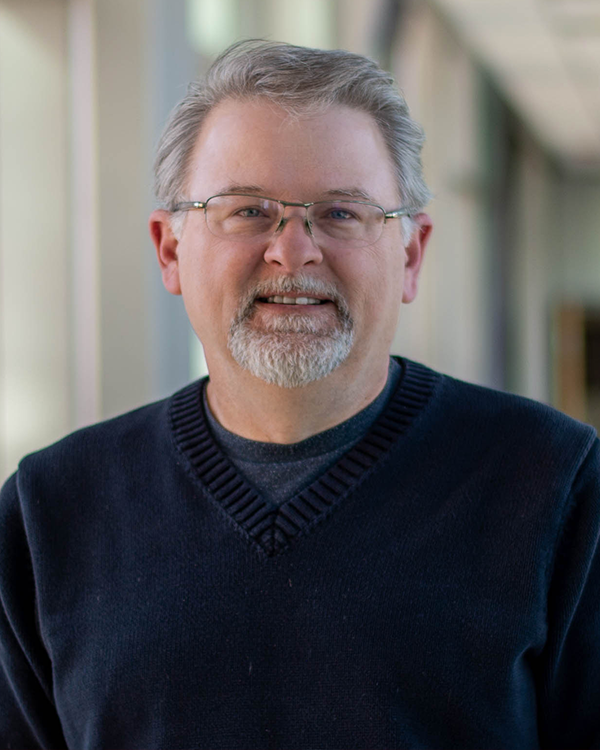Mark Dell'Acqua, PhD
Professor and Vice Chairman
Director, NeuroTechnology Center

Contact Information:
University of Colorado Denver
Department of Pharmacology
Mail Stop 8303, RC1-North
12800 East 19th Ave
Aurora CO 80045
Phone: (303) 724-3616
Fax: (303) 724-3663
Email: [email protected]
Office: RC1-North,
P18-6100
Over the last decade it has become apparent that cellular signal transduction from receptors through second messengers to downstream kinases and phosphatases is regulated both spatially and temporally within cells through the assembly of multi-protein complexes. Central to the organization of these signaling complexes are multivalent scaffold proteins that recruit receptors, effectors, protein kinases and phosphatases, and target substrates at specific subcellular locations to promote very specific and efficient signal transduction events in different specialized cell types.
My laboratory’s specific research in the area of neuropharmacology focuses on understanding how cAMP and calcium second messenger signaling pathways are organized at the postsynaptic specializations of excitatory neuronal synapses. In particular, we are interested in A-kinase anchoring protein (AKAP) scaffold complexes that anchor the cAMP-dependent protein kinase PKA and the calcium-calmodulin stimulated protein phosphatase 2B-calcineurin near postsynaptic AMPA and NMDA-type ionotropic glutamate receptors and L-type voltage-gated calcium channels. We are studying the roles of these locally anchored kinase/phosphatase signal transduction complexes in regulation of glutamate receptor and L-channel activity, trafficking, and signaling to the transcription factors in the nucleus to control synaptic structure and function.
We are exploring these fundamental mechanisms of ion channel and transcription factor regulation during long-term potentiation (LTP) and depression (LTD) hippocampal synaptic plasticity that underlie normal spatial and declarative learning and memory. In addition, we are interested in understanding how these forms of plasticity are altered in neurodevelopmental, mental health, and neurological disorders such as Down syndrome, Alzheimer’s, epilepsy, schizophrenia, autism, PTSD, and traumatic brain injury that are all associated with impaired cognitive function. We are exploring the mechanisms of synaptic regulation in a variety of systems including cultured primary neurons, acute brain slices, and knock-out and knock-in mice that delete postsynaptic AKAP anchoring sites for PKA and calcineurin.

We are using a variety of experimental approaches to analyze AKAP-regulated signal transduction in these in vitro and in vivo systems including neurobehavioral testing, neuropharmacology, structural biology and biochemistry, electrophysiology, and fluorescence microscopy. In particular, we employ a number of cutting-edge confocal, FRAP, FRET, and super-resolution fluorescence imaging methods to visualize signal transduction at neuronal synapses. See our recent publications in Neuron, Nat. Struc. Mol. Biol. and J. Neurosci. and Cell Reports for more information on these experimental methods and our latest research findings.

